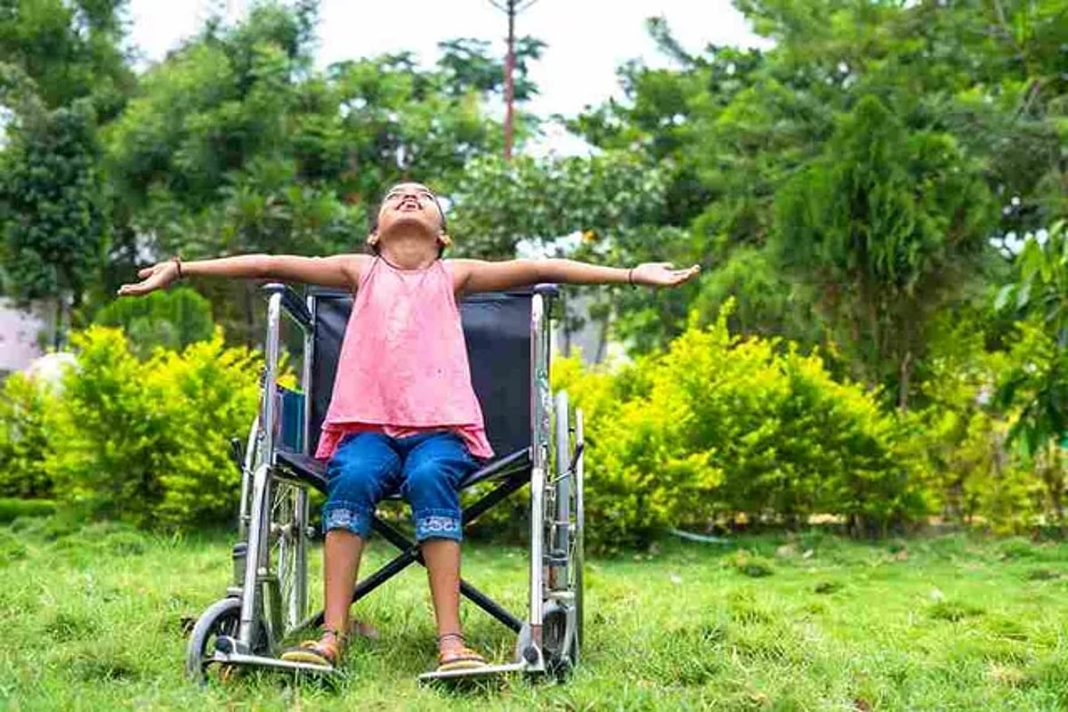Key Takeaways
- Supreme Court allows Natco Pharma to continue selling generic SMA drug Risdiplam
- Roche’s appeal for injunction against Natco dismissed
- Drug price drops from ₹6 lakh to ₹15,900 per bottle – 97% reduction
- Final patent validity decision still pending in Delhi High Court
The Supreme Court has cleared the path for affordable treatment of spinal muscular atrophy (SMA) by dismissing Swiss drugmaker Roche’s appeal against Natco Pharma. This landmark ruling enables Natco to continue manufacturing and selling its generic version of Risdiplam, offering hope to thousands of patients.
Court Rejects Roche’s Injunction Plea
A bench of Justices P.S. Narasimha and A.S. Chandurkar upheld Delhi High Court orders that had refused Roche’s request for an interim injunction. The Court noted concurrent findings by both single judge and division bench of the High Court, making interference unnecessary at this stage.
Roche had argued that Natco’s product infringed its patent on Risdiplam, marketed globally as Evrysdi. However, the Supreme Court declined to block Natco’s operations and directed the Delhi High Court to expedite the main patent suit.
Massive Price Reduction for SMA Treatment
The court’s decision has immediate benefits for SMA patients. Roche’s branded version costs approximately ₹6 lakh per bottle, while Natco plans to sell its generic version at just ₹15,900 per bottle.
This represents a 97% price reduction, potentially making the life-saving drug accessible to a much larger population. Spinal muscular atrophy is a rare and debilitating genetic disorder requiring ongoing treatment.
Judiciary Balances IP Rights and Public Health
The ruling continues India’s judicial trend of prioritizing public health in pharmaceutical patent cases. The courts have consistently considered affordability and availability as crucial factors when deciding interim injunctions.
This approach reflects the judiciary’s effort to balance intellectual property protection with healthcare accessibility, particularly for critical medicines.
Patent Validity Questions Remain
While Natco can continue production for now, the fundamental question of Roche’s patent validity remains unresolved. The Delhi High Court had raised preliminary concerns about the novelty and inventive step of Roche’s patent.
Analysts suggest the patent might be vulnerable to challenge under India’s patent laws. The final outcome of the main suit will determine whether Natco can maintain long-term production.
Industry Implications
This case reinforces India’s growing reputation for favoring drug accessibility in patent disputes. The decision aligns with previous rulings where courts have prioritized public health interests, especially for rare diseases and life-saving treatments.
For now, patients gain access to affordable SMA treatment, though both companies await the final legal verdict on Risdiplam’s patent protection in India.




